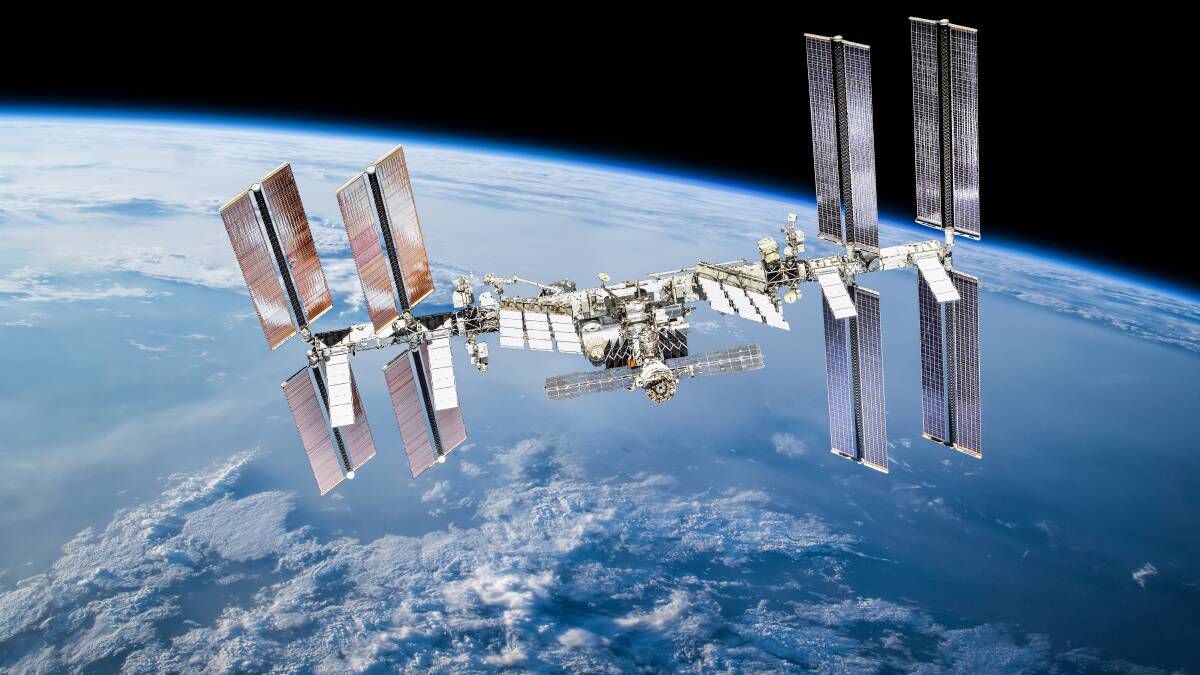
On Wednesday, NASA announced the future of the International Space Station. The good news - it will continue to operate until 2030. The bad news - they'll have to crash it into the ocean.
Surprisingly, it is the first part of that announcement that is the news.
NASA was previously committed to funding the ISS until 2024. In 2024, the Artemis program, NASA's new missions to the moon, will be heavily ramping up. NASA will be operating an international consortium (which includes Australia) that will include the first space station around the moon, the Gateway.
By slowly backing out in 2025, NASA could save money and focus, with the hope that other partners, both other countries and private companies, would take over. Extending NASA's role until 2030, being one of the two larger partners of the ISS (the other being Russian's Roscosmos), gives some assurances to the operations.
The Japanese Space Agency, JAXA, has said their module will operate until then and the Europeans, ESA, have likewise expressed interested in keeping it going until 2030.
Going to 2030 will also allows private companies to build up their role in space. Multiple companies are planning on building and maintain their own private space stations.
Axiom space, instead of building rockets, are focused on doing the actual space activities. Instead of being part of a nation, their astronauts would be part of a company, which is led by former NASA astronauts, including one of the former heads of NASA. They are planning to send their first batch of astronauts to the space station at the end of March.
Axiom has plans to launch their own space station in 2024 that would attach to the International Space Station. At the end of the ISS, it will separate and orbit by itself. Blue Origin, founded by Amazon's Jeff Bezos, which sent William Shatner into space last year, also has plans for their own space station in the mid 2020s. Extending the International Space Station until 2030 allows these groups to get up and running. The vision is that NASA can buy shares or pay for their astronauts and experiments to go on them, just like they pay for rides into space on SpaceX rockets.
The only partner who so far has not agreed to this extension is Roscosmos, who is currently scheduled to pull out in 2025. The biggest challenge is that there is a finite lifetime to how long the space station can safely operate. Having launched in 1998, there is only so long the modules and parts will survive space.
This raises the biggest issue of what to do with the space station, a 420-tonne object the size of a football field. If they let it stay up there, it will start to produce space junk, and already growing problem. They could raise its orbit to get it out of the way, but that only delays the inevitable - coming back down to Earth. Instead of ending up in the scenario of an uncontrolled re-entry, like the US's Skylab which crashed in WA in 1979, it plans to bring it down controlled, landing in the most remote place on Earth - point nemo in the South Pacific Ocean.
Point Nemo is the place on Earth farthest way from any land, and already serves as a spacecraft graveyard with lots of other space objects, such as the Russian Mir space station, having crashed there.
Keeping the space station going until 2030 will allow for a shift in how we operate in space, but the transition for it coming back to Earth will follow a legacy of other craft that will end in a fiery grave in the depths of the ocean.
- Brad Tucker is an astrophysicist and cosmologist at Mount Stromlo Observatory, and the National Centre for the Public Awareness of Science at the ANU.







